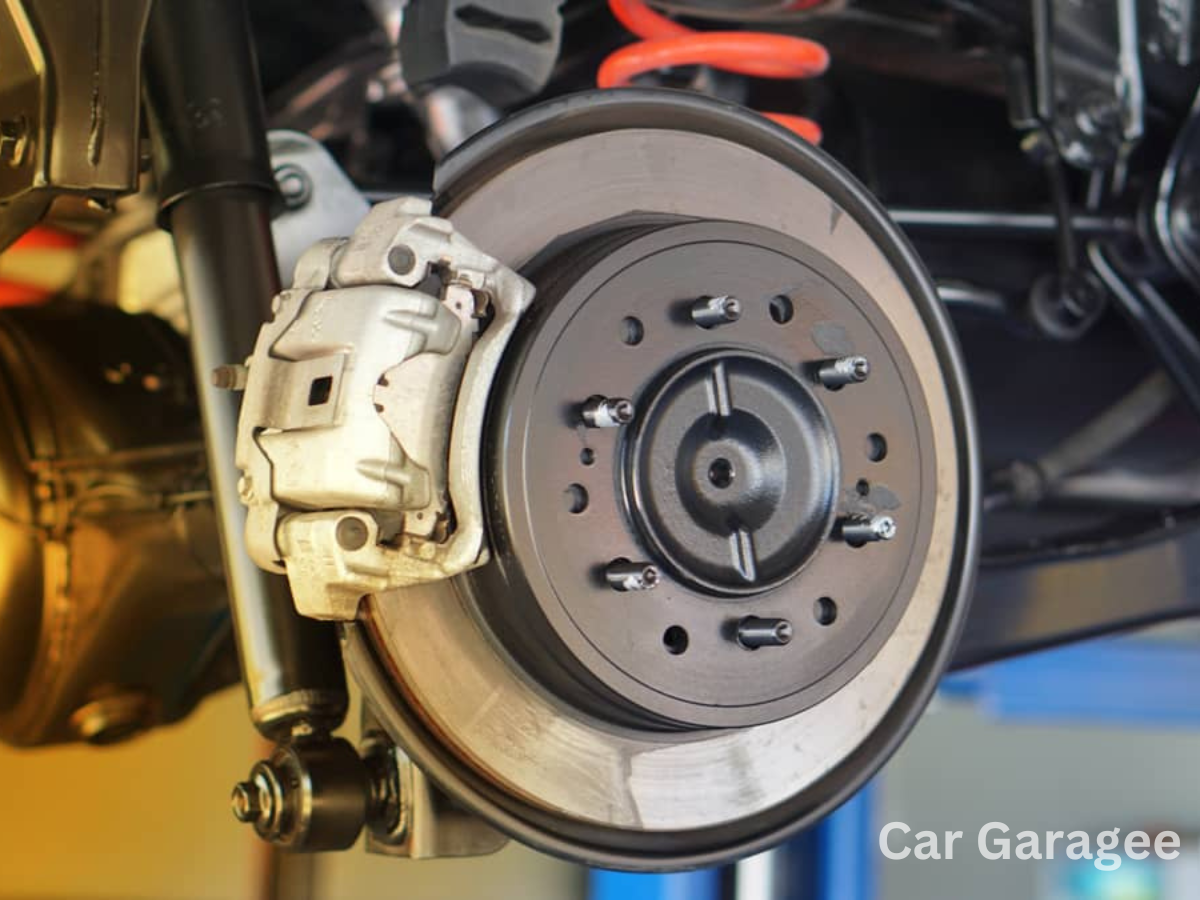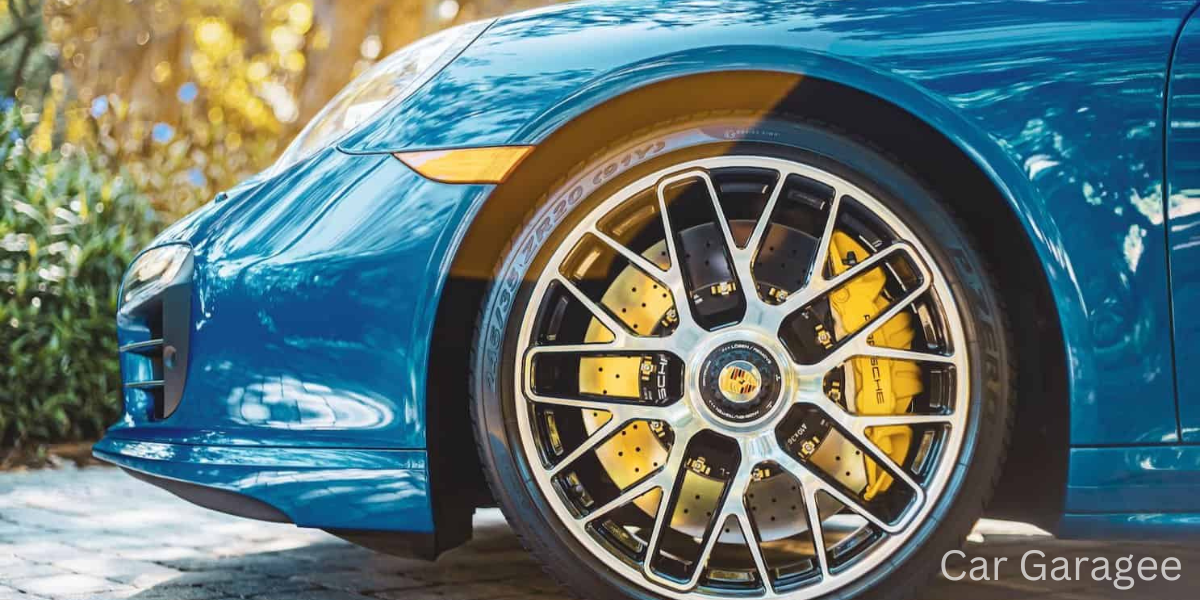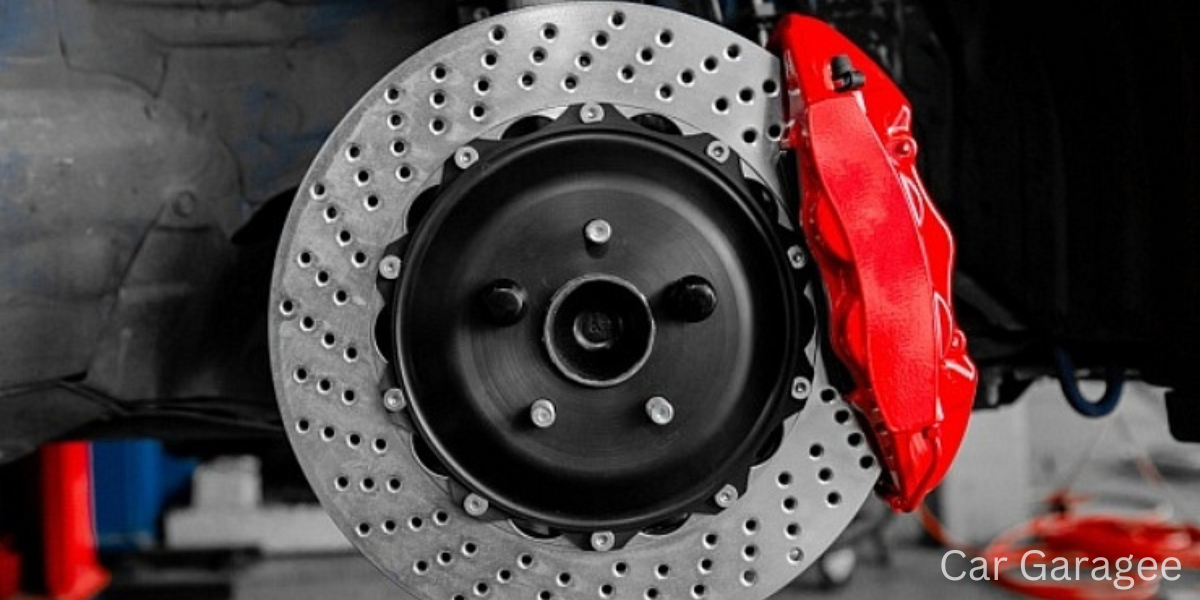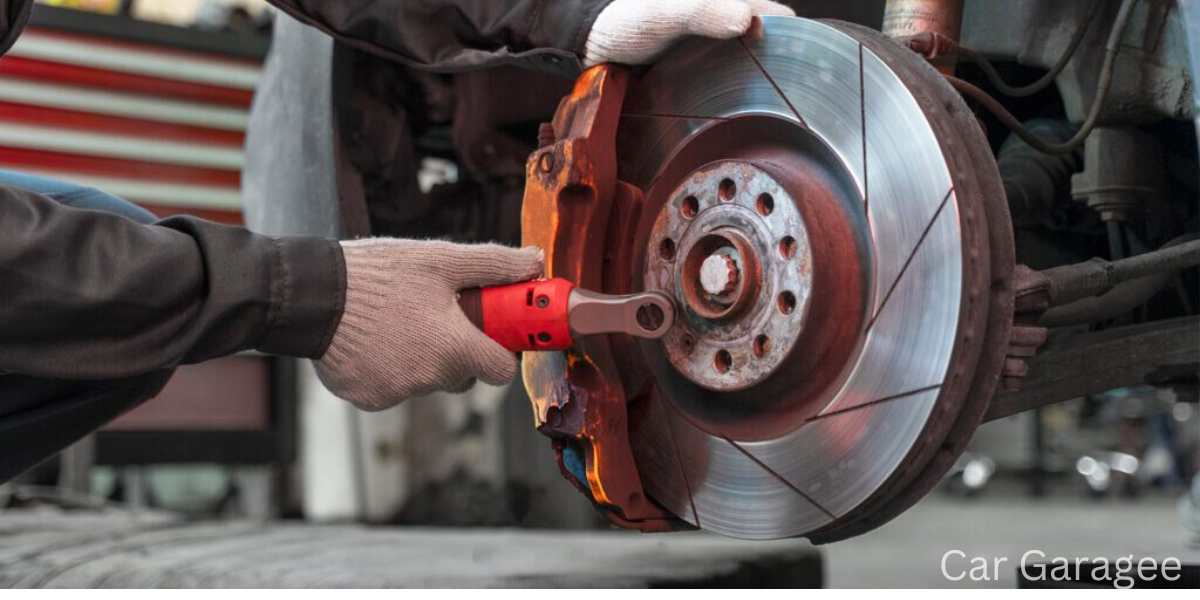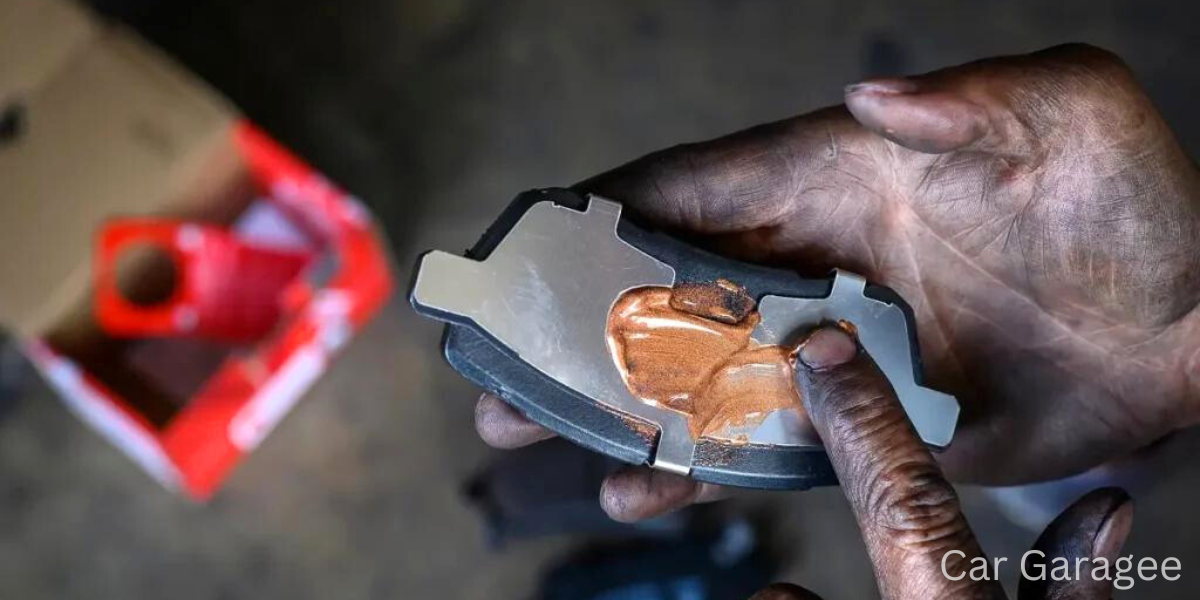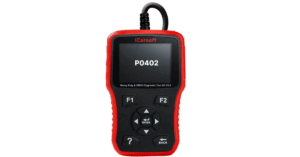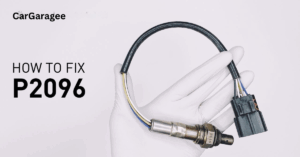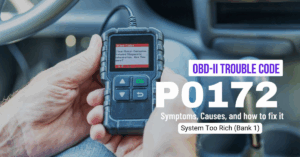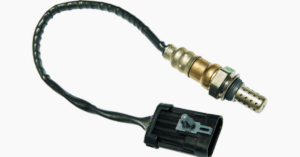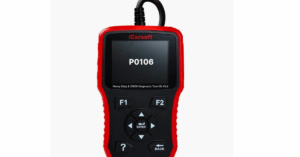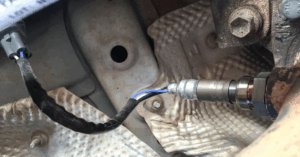We’ve all experienced it: you’re backing out of a parking spot or driveway, and suddenly, your car makes a squeaky noise. That sound can be worrying and make you think of expensive repairs. But don’t panic just yet. Often, when brakes squeak in reverse, it’s a simple warning sign, giving you a chance to fix the issue before it becomes costly. In this guide, we’ll explain why your car might squeak when you reverse and what you can do to solve it.
Why Car Brakes Squeak in Reverse
When your car’s brakes squeak in reverse, it can be annoying and worrisome. However, understanding the reasons behind this noise can help you address the issue before it becomes a bigger problem. Let’s explore some common causes of brakes squeaking in reverse and what you can do about it.
1) Worn or Thinning Brake Pads
One of the most common reasons for brakes squeaking in reverse is worn or thinning brake pads. Brake pads are designed to emit a warning sound when they start to wear out. A small metal indicator in the brake pads creates this sound. If your brake pads are thinning, replacing them should eliminate the squeak. Ignoring this issue can lead to more severe damage, like grinding sounds and damage to the rotors, which will be more expensive to fix.
2) Rust, Dust, and Debris
If you park your car in a damp or dusty environment, rust or debris can accumulate on the brake pads and rotors, causing a squeaking noise when you reverse. Usually, braking a few times can clean off the rust and debris. If the squeaking continues, it might be necessary to have a mechanic clean the brakes thoroughly. They can remove rust and debris using special sprays or by sanding down the brake surfaces.
3) New Brakes Squeaking
It’s normal for new brakes to squeak, especially when backing up. This is because the brake shoes may have high spots that need to wear down through regular use. If the squeaking persists or worsens, it’s a good idea to have your mechanic check the brakes to ensure there isn’t a more serious problem.
4) Contact of Brake Pad and Calipers
When you apply the brakes in reverse, the brake pads may shift slightly and make contact with the calipers differently than when driving forward. This can cause a squeaking noise. Sometimes, this is due to a missing anti-rattle clip, which your mechanic can easily replace.
5) Braking Habits
Your driving habits can also cause brakes squeak when backing up. Hard and frequent braking can wear down brake pads and rotors faster, leading to noises like squeaking. If you tend to brake hard, consider adjusting your driving habits to prolong the life of your brake components and reduce noise.
6) Metallic Brake Pads
Many cars have semi-metallic brake pads, which contain metal elements that can cause occasional squeaking, especially when reversing. If the squeaking is frequent, it might indicate that the brake pads need to be replaced. Ceramic brake pads, although more expensive, are less likely to squeak and tend to last longer.
7) Lack of Lubrication
In cars with drum brakes, a lack of lubrication can cause squeaking noises. The contact points between the brake shoes and the drum need to be adequately greased. Adding brake grease to these areas can resolve the squeaking issue.
READ MORE:
What Is Drive Start Control Malfunction? Cause and Quick Solution
Where Is the Starter Located? 3 Easy Guides
How to Reset ESC Light: Easy and Quick Guide
How to Stop Brakes from Squeaking When Reversing
Hearing your brakes squeak in reverse can be frustrating and concerning. Fortunately, there are several ways to address this issue without taking your tires off. Here’s how to stop that high-pitched squeal when reversing:
1) Clean the Brake System
Often, brakes squeak in reverse due to dirt and debris on the brake pads or rotors. To fix this, use a brake cleaner spray and a wire brush to clean the rotors, calipers, and caliper mounts. Avoid spraying rubber parts to prevent damage. Cleaning the brake system often solves the issue if the noise is due to dirt buildup.
2) Tighten or Replace Brake Pads
Loose or worn brake pads can cause squeaking. Check if the brake pads are loose and tighten them if necessary. If they are worn out, replace them with new ones. New brake pads can eliminate the noise and improve braking performance.
3) Use High-Quality Brake Pads
Switching to brake pads made of better materials can reduce noise. High-quality ceramic brake pads are a good choice because they produce less noise and dust compared to metal brake pads. Ceramic pads also perform well at high temperatures and are less likely to cause a high-pitched squeal when reversing.
4) Lubricate the Brake Components
Proper lubrication of brake components can prevent squeaking. Apply brake grease to the contact points between the brake pads and the calipers. This helps reduce friction and noise. Be careful not to get grease on the brake pads or rotors, as it can reduce braking efficiency.
5) Sand Down High Spots on New Brake Pads
If your brakes squeak in reverse after installing new pads, there might be high spots that need to wear down. Driving the car and braking normally should help. If the noise persists, lightly sand the contact points of the brake pads to smooth out any high spots.
6) Check for Missing Anti-Rattle Clips
Anti-rattle clips help keep brake pads in place and prevent noise. If these clips are missing or damaged, replacing them can stop the squeaking. Ensure all clips are properly installed and secure.
7) Regular Brake Maintenance
Regular maintenance is crucial for keeping your brake system in good condition. Periodically servicing your brakes can prevent noise and other issues. Have a professional mechanic check your brakes regularly to ensure everything is in working order.
Conclusion
Hearing your brakes squeak in reverse can be annoying, but knowing why it happens and how to fix it can make things easier. Whether it’s worn brake pads, rust, dirt, or new brakes that need to be, there are simple ways to solve the problem. Regularly cleaning your brakes, using good quality brake pads, and keeping everything lubricated can help keep your car quiet and running well. Addressing brake noises early can stop bigger problems and keep you safe on the road. If you’re unsure, always ask a professional mechanic for help. Taking care of these issues now will save you time, money, and worry later on.
FAQS
How do I stop my brakes from squeaking in reverse?
To stop your brakes squeak in reverse, try cleaning the brake pads and rotors. If your car is fairly new and the wear tabs are fine, it might mean the shims need greasing. Shims are on the back of the brake pads and always need proper lubrication.
Why do my brakes make noise only when I reverse?
When you hear a noise from your brakes only when reversing, it’s often due to the brake pads shifting direction. If the noise is repetitive, it could be because there’s too much movement between the brake pad abutments and the caliper
Will changing my brake fluid stop the squeaking?
Yes, changing old brake fluid can help stop squeaking. Old brake fluid can lose its ability to lubricate properly and cause noise. Flushing and replacing the brake fluid can make your brakes quieter and more effective.
What can I spray on my brakes to stop the squeaking?
You can use a brake cleaner like Lucas Oil Brake Parts Cleaner. This helps remove brake fluid, grease, dust, and other contaminants from your brakes, reducing squeaking and improving performance.
Is it normal for new brakes to squeak when reversing?
Yes, it can be normal for new brakes squeak, especially when backing up. This happens because the brake pads need to wear down slightly to fit perfectly. If the squeaking continues, have a mechanic check it out.
Do different types of brake pads make a difference?
Yes, high-quality brake pads, like ceramic ones, are less likely to squeak and usually last longer than other types. If your brakes squeak often, consider switching to better brake pads.
Should I worry about squeaky brakes?
Squeaky brakes can be a sign of minor or major issues. It’s always a good idea to have them checked by a mechanic to ensure your brakes are working properly and to avoid bigger problems down the road.

Mian Hashir is a passionate automotive enthusiast and the lead author at Car Garagee, a website dedicated to providing in-depth car reviews, maintenance tips, and the latest news in the automotive world. With years of experience in the industry, Hashir combines his technical knowledge with a love for cars to deliver insightful and engaging content. Whether you’re a car owner or a curious reader, Mian Hashir’s articles help readers make informed decisions, from choosing the right vehicle to understanding how to keep it in top condition.

